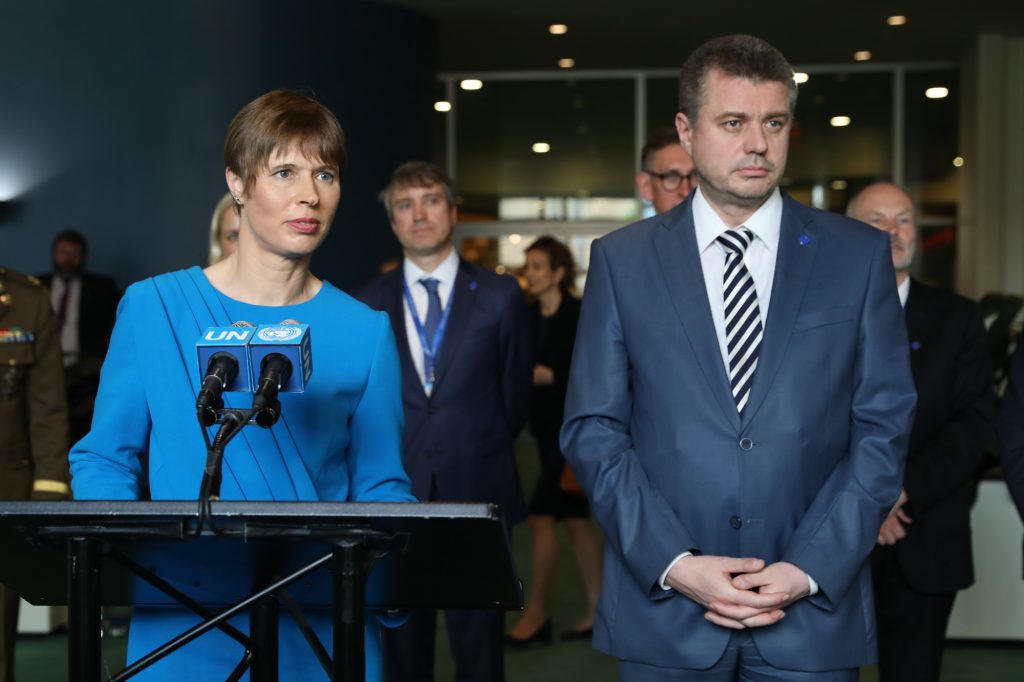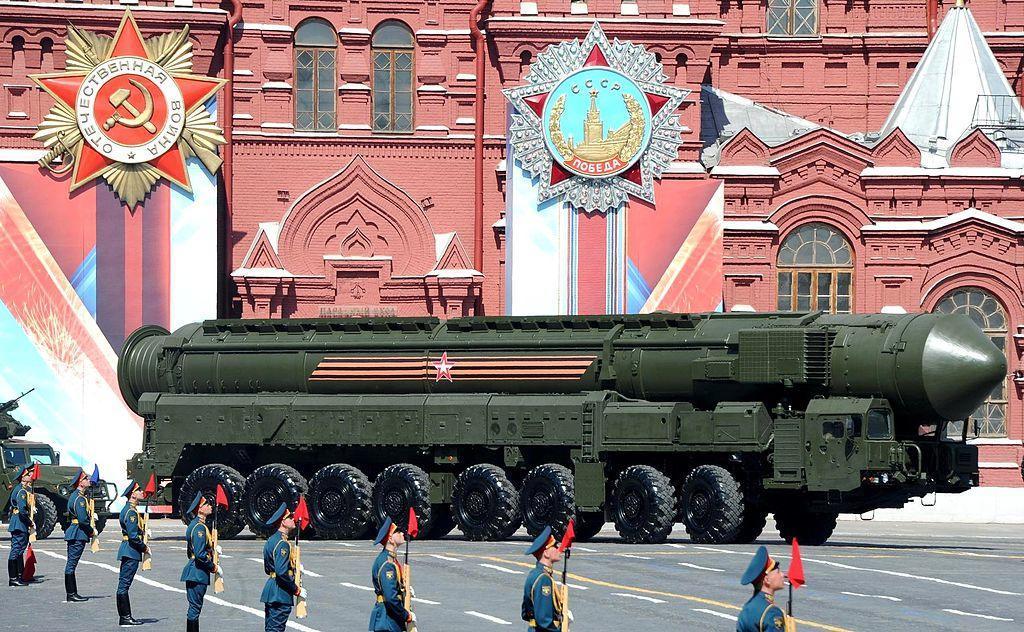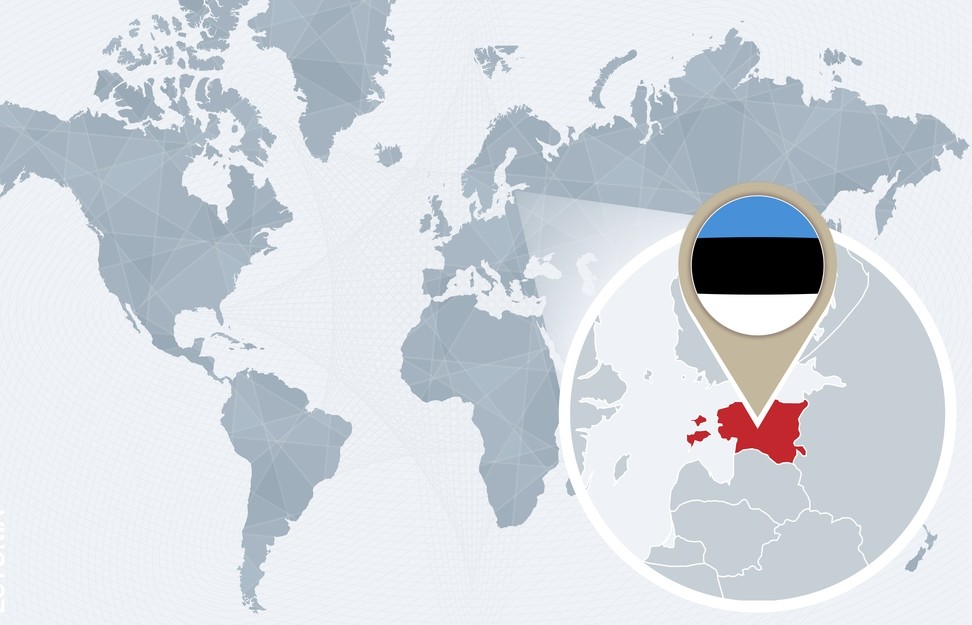The Estonian foreign minister, Urmas Reinsalu, said in his annual foreign policy address on 11 February that the country’s foreign policy is centred on protecting its national interests in the world.
Reinsalu gave the annual foreign policy address at the Estonian parliament, presenting an overview of the main foreign policy actions of Estonia, saying that Estonia was implementing an independent and consistent foreign and security policy, mainly through its involvement in the European Union and NATO. “In growing our influence, a special focus this year is on our elected membership in the UN Security Council, maintaining strong transatlantic relations, the Three Seas Initiative and expanding the foreign service,” the foreign ministry said in a statement.
“We have gone through a complicated journey over these past hundred years. Today, we are stronger than ever before as a state and as a nation, acting according to the principles of the legal continuity of the Republic of Estonia and the Tartu Peace Treaty. The success of our foreign policy is expressed in our membership in the UN Security Council – the centre of global diplomacy,” Reinsalu said in his address.

Describing the current security conditions, he emphasised the strategic need for strong transatlantic relations. “We are convinced that a strong and functioning transatlantic cooperation and a close alliance between the democracies of Europe and North America are essential for ensuring both our security and prosperity, as well as that of the entire Western world, but also for maintaining broader international stability.”
Russia is trying to alter the view of history
“We must be able to protect and advance our values and principles in light of the long-term developments of global politics,” Reinsalu noted, referring to the relations of the European Union and China as an example. According to him, it is necessary to ensure the unity of the EU and allies in general and develop common policies to avoid fragmentation in the interplay of global change.
According to the minister, the continued aggressive foreign policy of Russia made it necessary to continue the current policy of the European Union and NATO towards Russia.
“Ahead of the 75th anniversary of the end of the Second World War, Russia continues its forceful presentation of a historical narrative that ignores historical facts and tries to alter a generally recognised view of history,” he said.

A strong partnership with the UK
“Considering the fact that Russia has not ended its aggression against its neighbours, making a fresh start in Western-Russian relations is inconceivable.”
Reinsaly also discussed the climate policy of the European Union, applying for observer status on the Arctic Council, a strong partnership with the United Kingdom after Brexit, regional cooperation as the coordinator of the Baltic Council of Ministers and Nordic-Baltic (NB8) cooperation formats, and fighting irregular migration.
He also emphasised that the Estonian foreign service was doing excellent work and was comprehensively serving Estonia’s interests. “The most important asset of foreign policy are the people who are working on a daily basis towards ensuring Estonia’s security, supporting Estonian companies in export markets, and representing and protecting the interests of citizens abroad,” he said.
The cover image is illustrative (Shutterstock).

